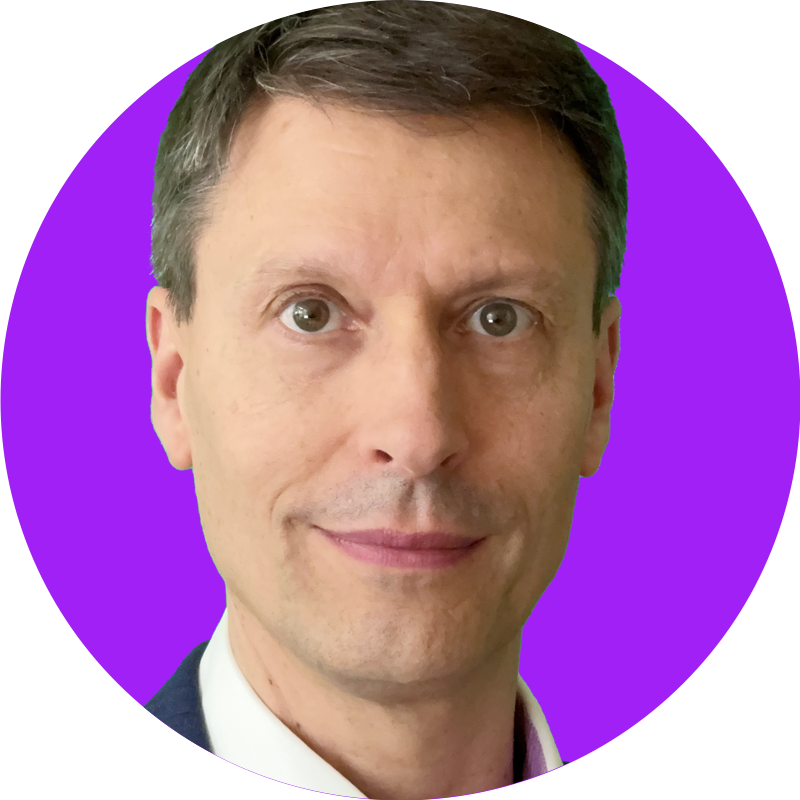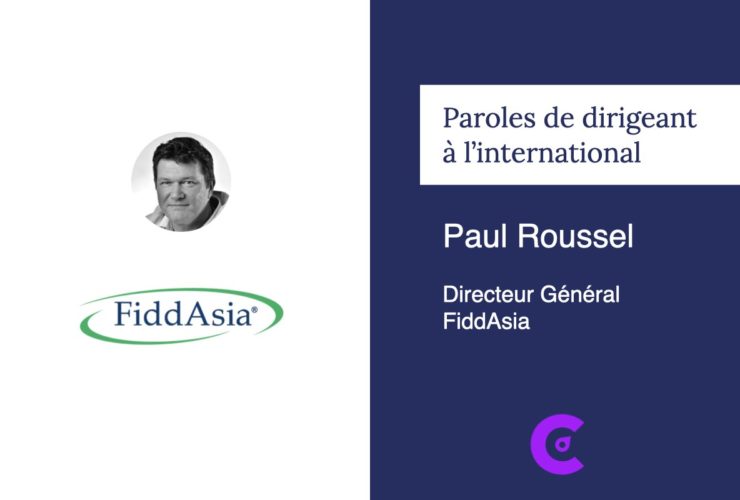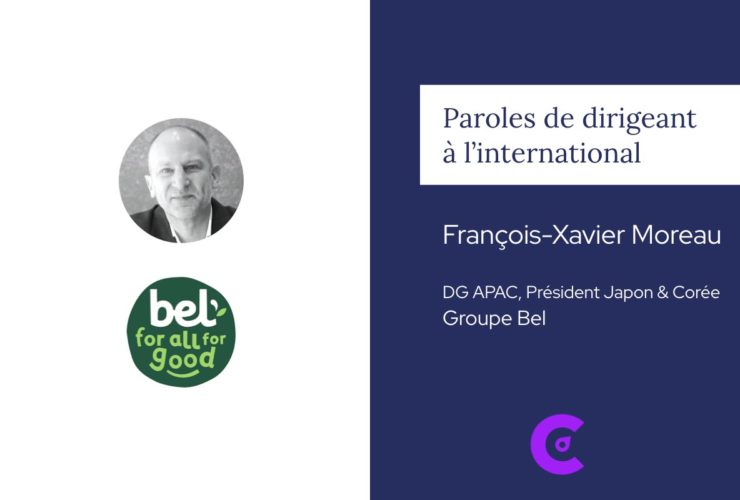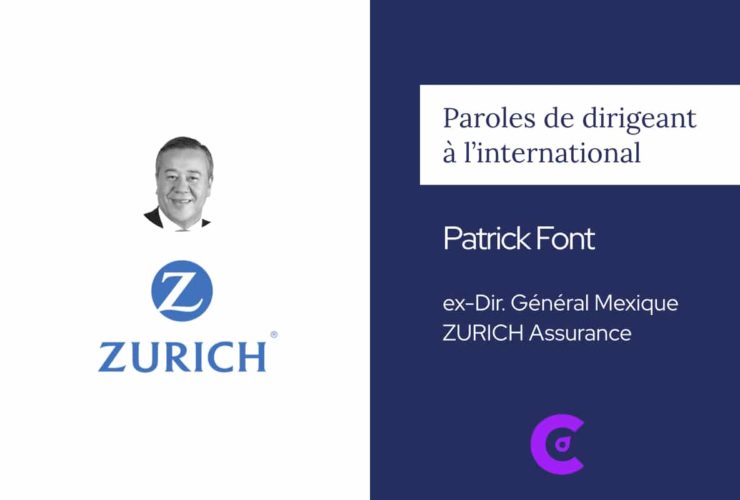International Executives are speaking
Keys to successful business in Russia and CIS
Remi Paul, Country Director, Russia and other CIS countries at THALES
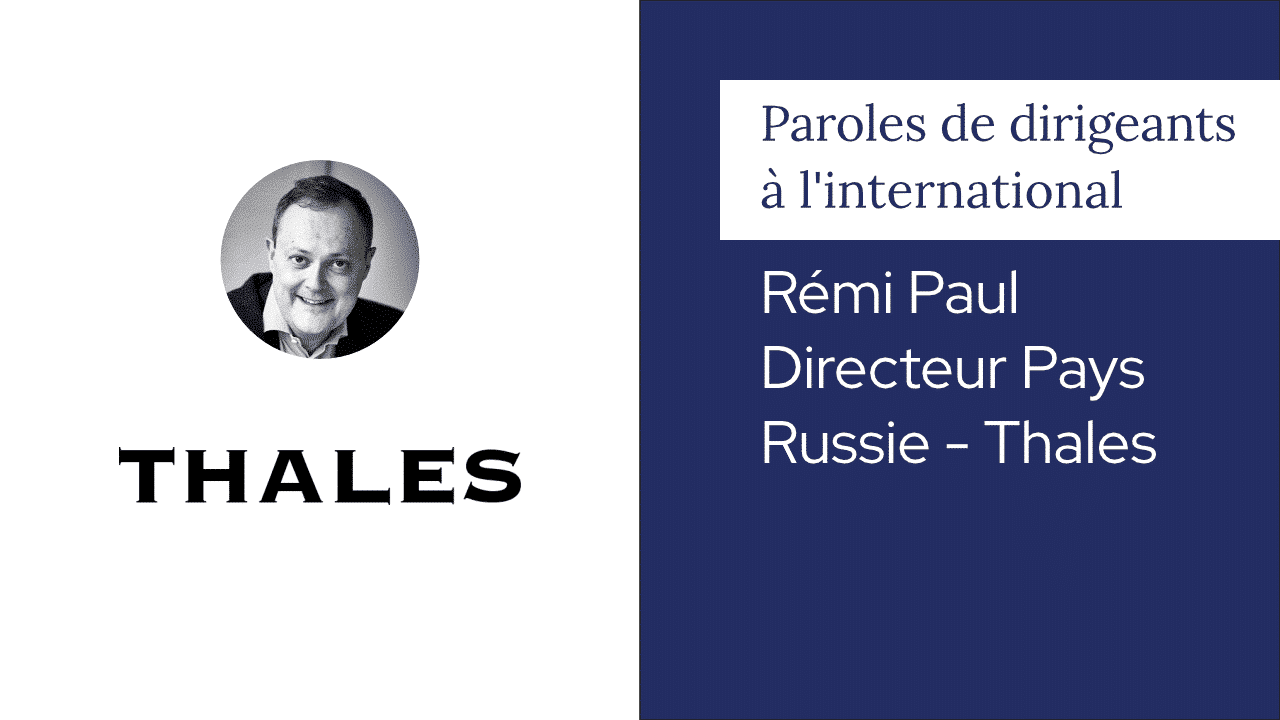
« Russia is a country where you feel alive! »
After having graduated from Science-Po and obtained an MBA at HEC, Remi Paul has worked for 16 years in France in the banking field and then at Compagnie Générale des Eaux/Vivendi. Then, in 2002, he migrated to China for Veolia Eau. He stayed there six years before going to Russia in 2008 to work as a country Director. In 2014, he joined Thales as the Director for Russia. In 2015, many other CIS countries were added to his duties…
Some facts
2008 : Veolia Water – Managing Director Russia CIS Turkey
2014 : Thales – Director Russia
2015 : Thales – Country Director Russia, Kazakhstan, Belarus, Tajikistan, Kirghizstan and Armenia
Mail : remi.paul@thalesgroup.com
Site : www.thalesgroup.com

Open dialogue then Executive Coaching session
using CO-CREATiVE Communication®
I met Remi on a plane, while on a Moscow-Paris flight. It was only a coincidence that we were sitting next to each other. From these few hours spent together, I kept the image of a man passionate about Russia, its history, its culture and especially its future…
« Our presence in Russia goes back to 1975 »
Remi, Thales is a large group. Can you explain what you do in Russia and the CIS?
Nowadays, I am the country director of Thales in Russia. My role is to provide my support and expertise on the development, the understanding of those countries, the drafting of strategies, and the designing of the main action plans.
In addition to Russia, my scope of responsibilities covers Kazakhstan, Belorussia, Armenia, Tajikistan, Kurdistan, Belorussia, and Kirghizstan. It’s a portfolio of very diverse countries, in terms of their specificities and their political situation as well as their market maturity when it comes to the product we can offer. The variety of products is one of Thales’ particularities, with more than 2000 high-tech products for different fields ranging from defense to cinema (Thales regularly receives Oscars in Hollywood for the Angenieux camera lenses) as well as air traffic control, space, and naval. We divide these products into different business lines with distinct managing specificities.
How do you organize your team?
I am in charge of a team of 150 people. This includes about forty sales and eight key account managers, field specialists with very different profiles depending on the business line. For example, the civil key account managers will handle subjects such as rail signaling, civil communications, perimeter protection, and industrial sites security. Our team is also composed of marketing specialists who accompany sales. Furthermore, since 2019 and the takeover of Gemalt, now Thales DIS, we have an industrial activity of production and personalization of credit cards which is the leader on the Russian market.
How are your clients segmented?
The Russian State is our number one client, with entities such as Gazprom Space Systems (GSS) or RSCC, the federal operator for communication satellites management. In the 1980s, we were selling Television systems to the Soviet Union for the Olympic games. Then we were involved in oil and gas when supplying Novatek and Lukoil. Last year, we have established a partnership to design the construction of a satellite integration center for GSS. Nowadays, Thales DIS opens up new business lines in secured digital payments, cybersecurity, SIM cards, smart objects, and biometric identification…
What is your major challenge for the upcoming year?
My first challenge is to preserve what already exists. Ever since we arrived on the market, we provided 45 satellites or satellites payloads to Russia and we have been its major partner in other high tech projects, such as the civil transportation regional aircraft Sukhoi Super Jet 100, equipped with Thales’ avionic. My second challenge is to coordinate and set up synergies between the Group’s different Business Units. Despite the complicated context brought by the sanctions and Russian politics, we need to stay in the game. Russia is a great technological country, not only since the Soviet period, but also, thanks to Russian authorities who pursue a voluntarist industrial policy.
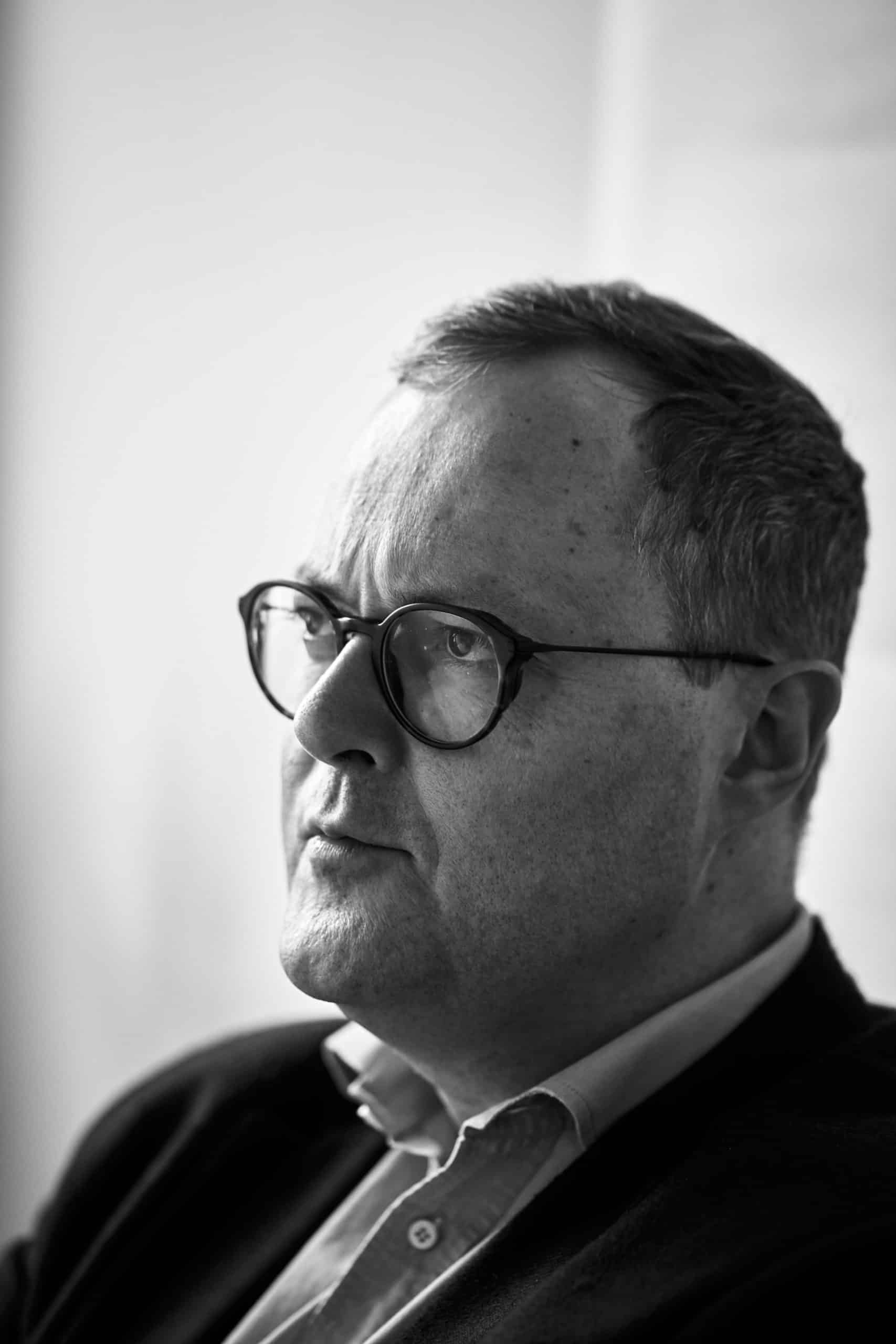
© Photo : Mathieu Richard
« I spend my whole life reading about Russia »
What would you say to an executive who would arrive in Russia to take a similar position as yours?
If someone were to take a similar position as mine, I would tell him to meet people who worked in Russia and also to read. I spend a lot of time reading about Russia, searching for information about the history, society, politics, in order to try and understand the other’s perspectives, to think about the concept of Russian collective consciousness. Russia, who suffered a succession of traumatic political and sociological experiences, is a country whose history is captivating and tragic at the same time, marked by massive shakeups. It is good to know about imperial White Russia and to have read Michel Strogoff but you need to read much more to understand what the people went through and what they have in mind. The Western world often has a caricatured vision of Russian history in which they aggregate the image of the reactionary tsarism, The Reds, Stalin and collective liquidation, the mafia groups in the 1990s. All of this results in a mishmash that doesn’t give a good picture. Except that the reality of the country is different. Russians are really endearing people, with a very respectable approach even if it is different from ours.
To a French executive who would arrive in Russia, I would also suggest contacting:
The Embassy, diplomatic services, foreign trade advisors, and the Franco-Russian Chamber of Commerce and Industry which is extremely dynamic, and also the Franco-Russian Observatory which provides information about the evolution of the sociological, economical, and political landscape, and which organizes very useful conferences.
It is a good way to meet people and to glean information.
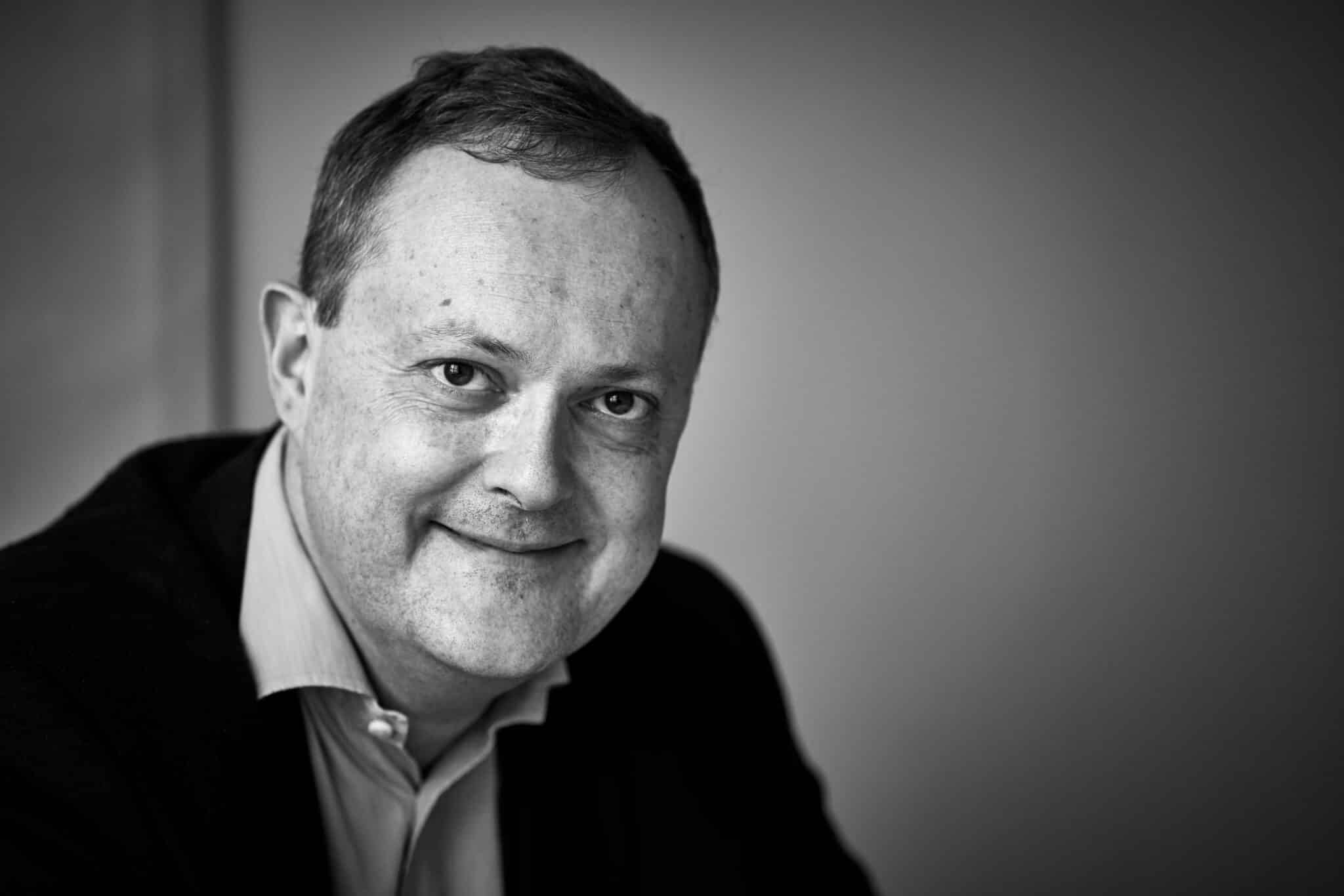
© Photo : Mathieu Richard
« The first cause of failure is arrogance »
What is the cause of failure for a foreign executive in Russia?
The first cause of failure is ARROGANCE. The Soviets lived in a political system where propaganda was dominating, with the broadcasting of stereotypical messages without flavor which, as they had finally understood, were meaningless. They turned them to their advantage to make fun of them. Russians have a kind of humor, of hindsight and derision when facing all the fabricated speeches blandly spewed by speakers with 70 slide presentations. Giving a public presentation with a speech prepared in Paris or New York about group strategy is something that doesn’t happen in Russia. It means you have to explain things while adapting the message to their psychology.
Could you give me an example of a good way to adapt a message?
First of all, you need to LISTEN and SURROUND YOURSELF WITH PEOPLE OF GREAT QUALITY. It takes time to be a manager in Russia because you have to make sure, when we start something, that the person in front of you is on the same track and that everyone is well-aligned. Russians’ strength does not necessarily lie in communication and information sharing. So you need to dedicate time to understand each other well.
Then, do not hesitate to SURPRISE THEM and say what you think about the company’s policies and immediate feasibility. You have to make them understand the reasons why the rough enforcement of this or that recommendation is not possible or desirable. It’s a sign of intelligence to adapt things like this, of course without compromising compliance and legal obligations.
Russians’ strength is their intelligence, their understanding of situations, and their unique ability to navigate in their own country while rectifying situations that would be desperate for us. This is what is fascinating about Russia: a matter can seem completely lost, then a miracle happens and the situation turns completely upside down. As Russians say, everything is possible in Russia but the worst is never certain, which strongly astonishes our Cartesian logic. As a manager, I always have to keep this approach in mind. When the matter begins to drift from the initial trajectory, you have to get involved and check everything, without necessarily trying to understand what happened. Because we are not Russians, we have to ACCEPT THAT SOME REASONING WILL ALWAYS ESCAPE FROM US.
You mentioned the necessity to speak Russian…
I have studied Russian for many years and I continue to take classes. I am fascinated by the fact that my Russian teacher cannot translate two words even though she is very skilled. When a culture doesn’t know how to translate words even in their own language, it’s extremely indicative of the way it works. The first word is “coherence”. This means that logic is never present and that the perspective of coherence is not relevant for Russians because they live in a world where everything can change from one day to another. The second word is “inferiority complex”…
Remi, what do your experiences in China and Russia have in common?
Russia, like China, is a country where you feel alive, because nothing is stable, because you can be surprised every day. And feeling alive is what brings spice to life.
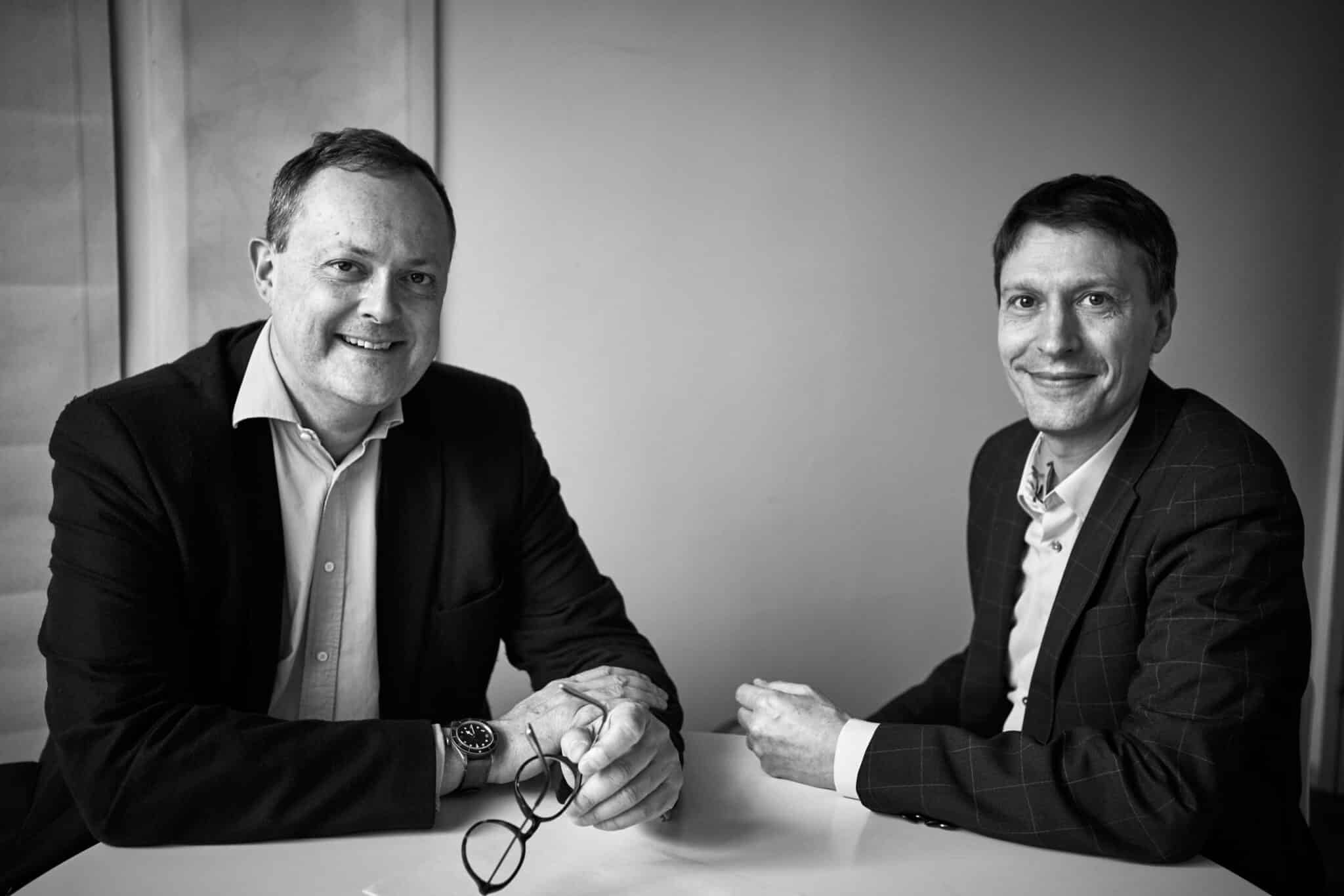
© Photo : Mathieu Richard
A look at an Executive Coaching session using the CO-CREATiVE Communication®…
Remi, any comment on our Executive Coaching session?
I think that coaching is unfortunately not well known. With your professionalism, your analytical skills, and your visceral honesty, I felt at ease. Thank you, Antoine, for this unexpected moment of personal discovery…
Interview conducted by Antoine Leygonie-Fialko, translated by PROLANGUE.
International Executive Coach and Consultant Antoine Leygonie-Fialko is an International Executive Coach, ICF certified at PCC level, specializing in supporting international leaders "Towards CLEAR, CALM, CARING and POWERFUL thinking". He is the founder of the CO-CREATiVE Communication® and the company CADRAN which operates globally. Previously, he managed 7 companies, from start-ups to corporate, in France and internationally (Europe, Asia, America, Africa), in various industries (construction, architecture, internet, HR…). Today, with more than 2,000 hours of Executive Coaching, he works remotely with international leaders and their teams who want to unleash the power within their singularity in front of strong challenges requiring them to get out of their comfort zone & known mental frameworks.ANTOINE LEYGONIE-FIALKO


